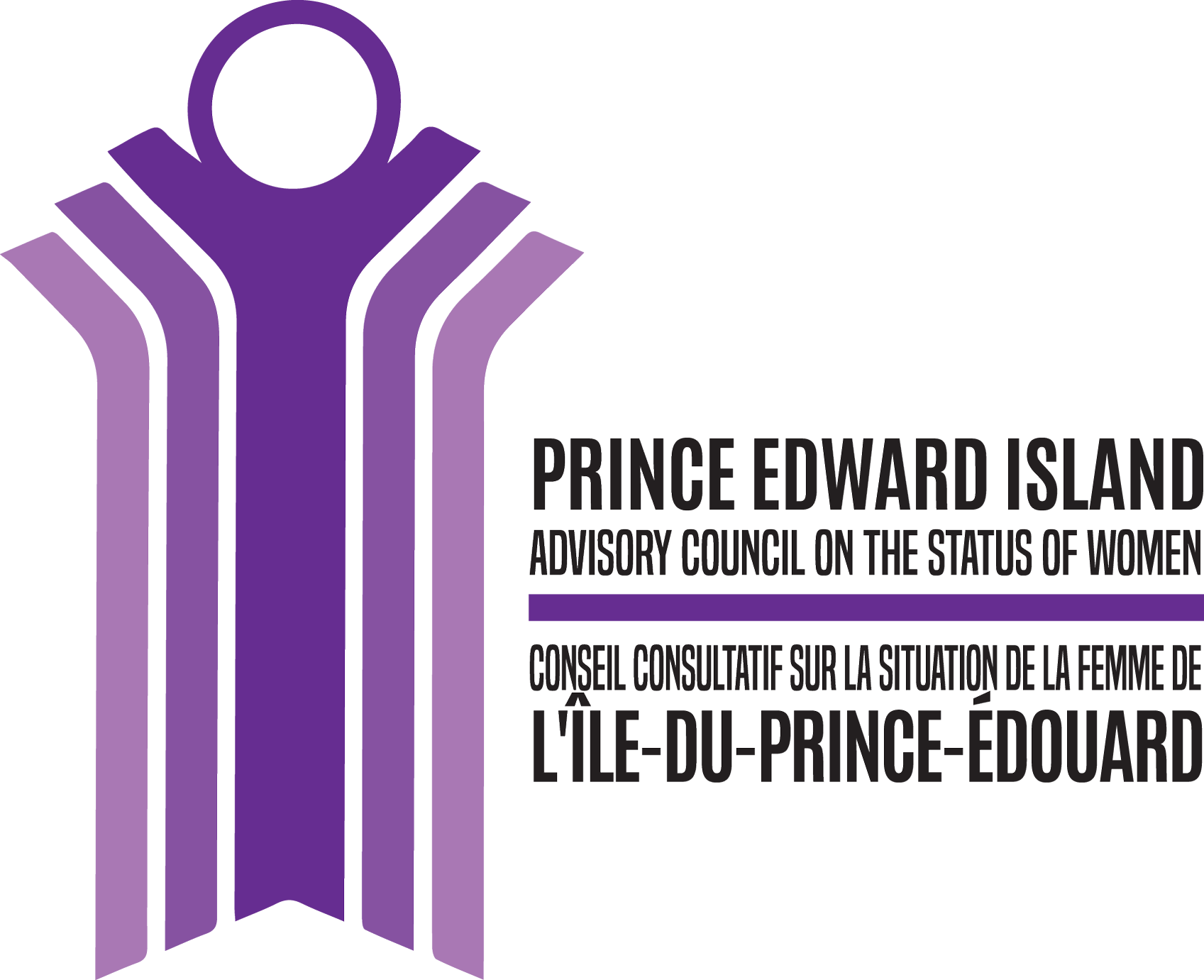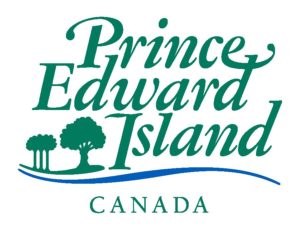
This is the first in a four-part series on the topic of basic income. Part 2, 3, and 4 will be published during December (see related links below).
December 1, 2021
Throughout 2020, the Premier’s Council for Recovery and Growth heard from Islanders across many sectors about our recommendations to move P.E.I. forward after the COVID-19 pandemic. Topping the list of recommendations to the premier’s council was basic income guarantee. This tells us that support for basic income guarantee in P.E.I. is a groundswell. Compassionate Islanders want neighbours, friends, and families to have guaranteed livable income to meet their basic needs month to month.
In its summary report, People First, the Premier’s Council included “a form of basic income” among its guiding principles and its key actions. However, there is a lot of slipperiness along the slope of “a form of” basic income guarantee. Within days of the premier’s council report, the Government of P.E.I. announced that a 2019 enhanced social assistance pilot for “secure income” would be expanded and renamed as a “targeted basic income guarantee.”
Any improvement that brings social assistance levels to a more livable level is good news. Sadly, this “targeted” program is far from a basic income guarantee we want. What is more, it goes against the sound principles of a basic income guarantee that were unanimously adopted by the P.E.I. legislature in the reports of the special committee on poverty in P.E.I.!
What is good about the targeted program is that it will provide more support to over 600 selected social assistance recipients, and their income support rates will be measured against the “market basket measure” (the local cost of goods and services to meet basic needs).
What is bad about the targeted program is that it offers only 85 per cent, not 100 per cent, of the market basket costs. What is worse is that it hand-picks just 600 people for help, based on the criterion that they have “severely limited capacity to work.”
The first principle of basic income guarantee is that people are eligible – and therefore worthy – not by virtue of our work status or “limitations” on ability to work, but by virtue of our human right to live without poverty. We are eligible because we are inherently worth supporting to live in dignity. Basic income guarantee principles underscore that we each contribute to society by who we are, not just by what we do. From those principles, pure and simple, a basic income guarantee would provide people whose income falls below a livable level a top-up to a livable level.
The targeted program bases eligibility to meet basic needs on work status, not basic worth. The decision to meet the needs only of those assessed as facing “severe limitations” on their ability to work tells us the social assistance program’s founding principle is that paid work is the first or only legitimate source of income.
The basic income guarantee’s promise of dignity flows from universal eligibility to apply, regardless of work status. No need to demonstrate to government that we face destitution. No need to lay bare for an income support worker the circumstances of job loss or relationship breakdown or intergenerational poverty or hard luck that led to the need to ask for help. No need to prove ability or disability to people in systems that build the barriers that limit accessibility. No need to prove “severe limitations” on our ability to work to be deemed worthy of sufficient income to meet our basic needs.
The new targeted program must not be used to tick off the “basic income guarantee” box on a checklist of actions coming out of the Premier’s Council for Recovery and Growth. The basic income guarantee we want must meet the principles of basic income guarantee.
The P.E.I. Working Group for a Livable Income calls on the government to rename its targeted program to support Islanders in need. Do not sully or confuse the principles of a basic income guarantee by calling this program by that name. Instead, we call on government to continue its good and principled work to collaborate with the federal government for a true basic income guarantee, worthy of the name.
Jane Ledwell is Executive Director of the PEI Advisory Council on the Status of Women and is a member of the PEI Working Group for a Livable Income, https://peiwgli.ca. The Working Group for a Livable Income has had some of its members share their perspectives on basic income guarantee. Jane started off thie four-part series with Part 1. Part 2, 3 and 4 will be published in print and online at The Guardian/Saltwire.
__________________________________
Related Links:
- Part 1: GUEST OPINION: Basic income guarantee worthy of the name, The Guardian, online, December 1, 2021
- Part 2: GUEST OPINION: Poverty is not a personal choice, but a reflection of society, The Guardian/Saltwire, online, December 8, 2021
- Part 3: GUEST OPINION: Basic income is a prescription for mental health, The Guardian/Saltwire online, December 15, 2021
- Part 4: GUEST OPINION: Is rural poverty being considered? The Guardian/Saltwire online, December 22, 2021


